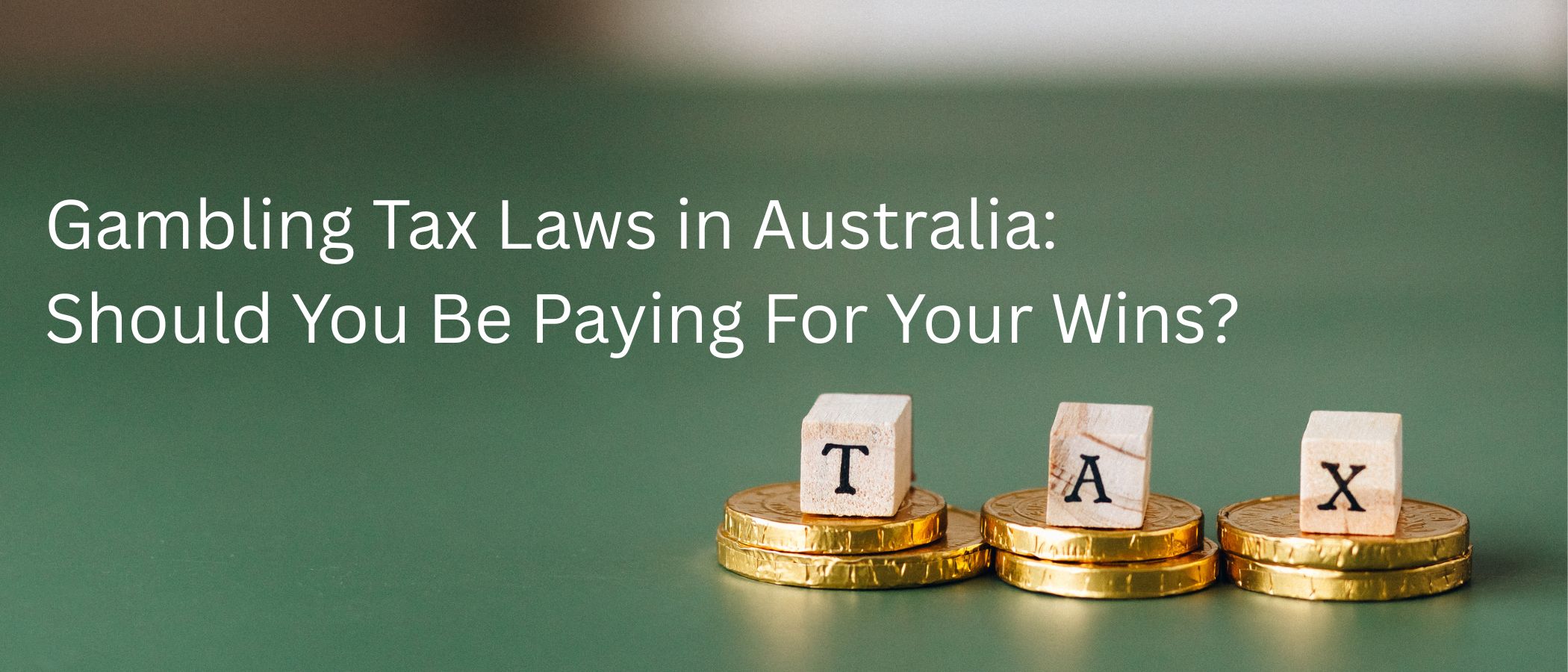There’s no denying that gambling is a popular pastime in Australia. Aussie punters lose more per capita than players anywhere else in the world, at an average of $1,635 per person in 2022. But gambling down under comes with one major advantage – most gambling winnings are tax-free in Australia. Unlike in many other countries, casual players don’t need to declare or pay tax on gambling winnings in Australia.
That said, professional gamblers are a different story. Depending on how the courts classify their activities, they may be subject to gambling tax in Australia – so let’s break it down and explore what is, and isn’t, considered tax-free across the Aussie gambling laws.
What Classifies a Professional Gambler in Australia?
It’s not always black and white when differentiating a casual player from a professional gambler. Australian courts haven’t given a crystal-clear definition, and it’s often decided on a case-by-case basis. However, there are a few key factors that generally indicate you might be crossing into the professional gambling territory.
- Do you gamble in a business-like way? It’s not a clear-cut question but, if you’re running models, keeping records, and generally approaching it like work, you could look like a pro in the eyes of the tax man.
- Do you have specialist knowledge? We’re not talking insider trading-level – that’s illegal – but if you have in-depth, professional knowledge of the games, this advantage could cost you your amateur status.
- How large is your gambling operation? The bigger the scale of your bets, the more likely you’ll fall under professional gambling status.
For most Aussies, your wins are going to be tax-free – enjoy it! But if any of the above questions sounds like your gambling style, you could be eligible for the professional gambling tax Australia enforces.
When Should You Pay Tax on Your Gambling Winnings?
If you like the odd spin on a Friday night, you’re not gonna have a problem with Australia’s gambling tax rules. The position of the Australian government is that gambling returns are the product of luck and risk, and therefore not classed as taxable income. And gambling is considered a pastime, rather than a profession, so most of us will never have to pay a cent of our winnings.
But pro gamblers see it a little differently, using complex models to maximise their winnings of a large scale. When this kind of attention is paid to the games, it becomes less about luck and more about expertise – which is definitely a factor in taxable income.
So unless you’re playing like Phil Ivey, you probably don’t have to worry about declaring your gambling winnings on your tax returns. It only gets tricky when you start gambling like you’re running a business – after all, businesses pay tax.
Gamblers v Gambling Operators
We’ve discussed why most gambling isn’t considered taxable, but that doesn’t mean the industry is a huge tax write-off. Casino owners and gambling operators absolutely must pay tax on revenues, as required by the Interactive Gambling Act 2001, even if the users don’t have to worry about gambling tax Australia-wide.






